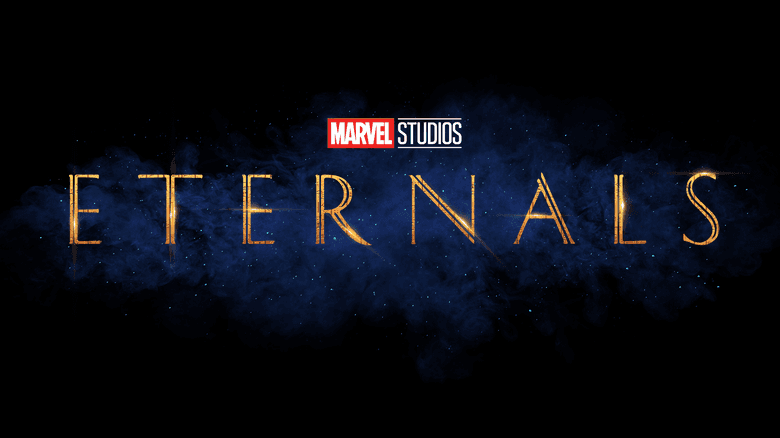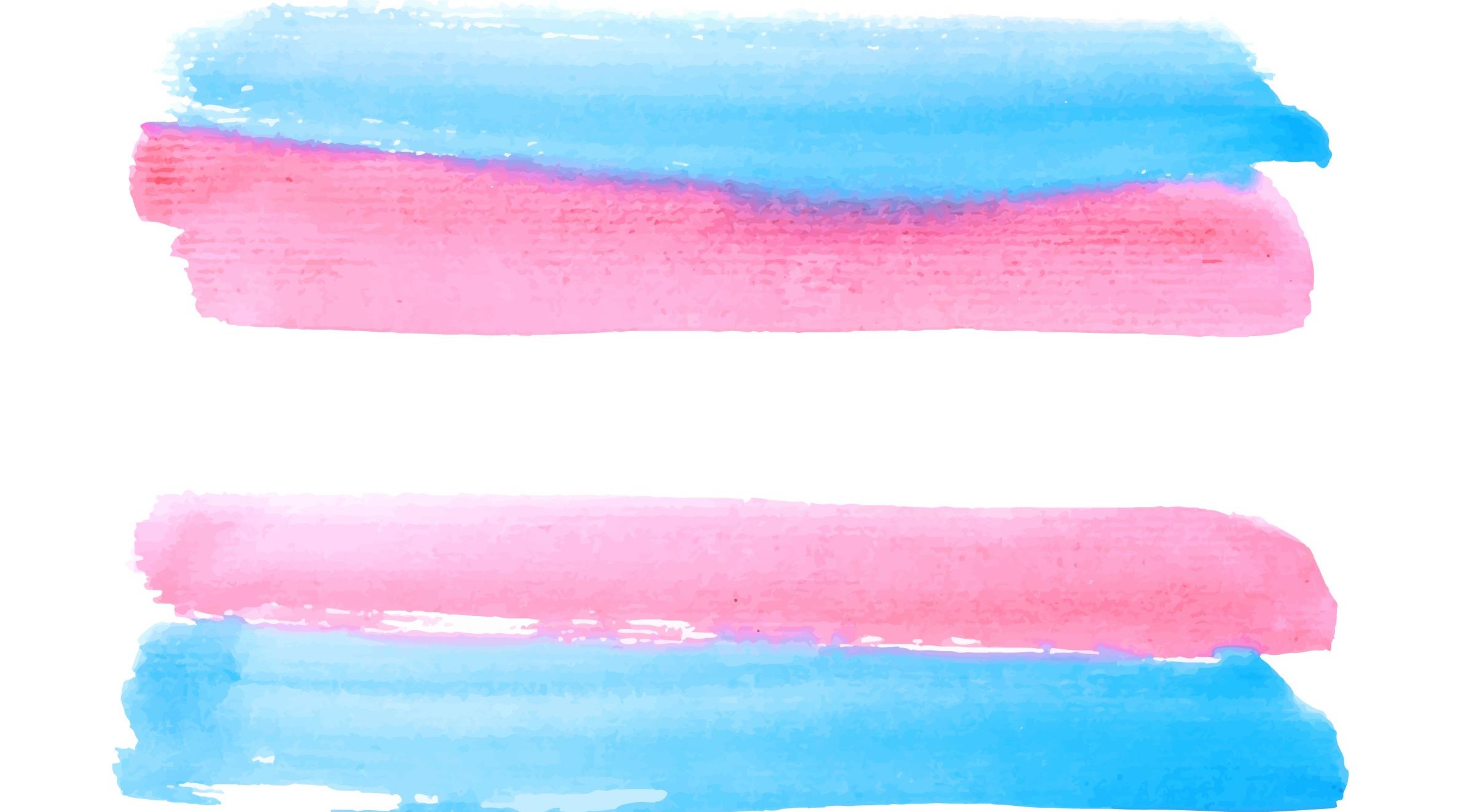Big spoilers ahead. Without caveat I loved Heartstopper, the queer teen romance taking Netflix by storm. It centres on gay and out 15-year-old Charlie Spring (played brilliantly by Joe Locke) falling for the could-he-be-gay 16-year-old Nick Nelson (played equally brilliantly by Kit Connor). Turns out Nick’s bi and, eventually, the two finally get their romance. They’ve got epic friends as well and the series offers a true diversity of identities – lesbian, gay, bisexual and trans – and so many races beyond white. There’s also a teacher who wears a Pride Progress badge and offers the sort of sassy support all young queers deserve and there are even some parents who seem pretty okay with having queer kids. The show made me laugh, cry and cheer, I loved it. And while it did make me think of my adolescence and how I would have killed for a series like this, I’m just glad it’s here, now.
Thinking of my youth, when I was a teen I had Big Brother’s Anna Nolan (the gay ex-nun) and Brian Dowling (the gay flight attendant). I loved that show so much, especially as it introduced me to a world of diversity my boarding school lacked. What my boarding school didn’t lack was prejudice, homophobia, toxic masculinity, bi-erasure and bullying. I also didn’t have sympathetic parents or teachers I could turn to for support. I fought those battles alone. I also remember Queer As Folk, which was definitely not the family-friendly sort of show Heartstopper is, and Angels In America, which blew my teenage mind. Gay guys cropped up in Eastenders, Hollyoaks and Dawson’s Creek but something like Heartstopper, which is incredibly PG and lacking in violence and tragedy, just didn’t exist. What’s more, I don’t think a show like HS could have existed in my time. I can just imagine the backlash from the cis & straight majority. A majority hell-bent on educating queerness out of the youth (via Section 28) and stopping us having sex (the age of consent for male homosexuals was equalised with straights in 2000). I shudder at the thought of the hate-filled articles in The Times (just like the transphobic ones being written today) and all the ‘concerned’ parents speaking out on behalf of the ‘safety’ of their children. Furthermore, as a writer I couldn’t even have imagined writing a story like HS back in my teens. Gay-ish characters cropped up in my Soul Calibur and Final Fantasy fan fic but it wouldn’t be until much later that I created my first exclusively queer play, aka The Cluedo Club Killings.
But. Just because Hearstopper exists now and paints a nice (enough) picture of the queer teen experience, it doesn’t mean everything’s ok – far from it. There’s a review by Amanda Whiting in The Independent titled, “Heartstopper’s sunny vision of school queerness is a fantasy – but that’s OK”. Whiting comments on how predominantly great the school is in the show, a place where “a gay highschooler’s romantic experience isn’t significantly more traumatic than the regular highschooler’s romantic experience.” Whiting states that this isn’t realistic as the realities are often far more worse. But I’d argue that the vision of the school in the show is far from sunny – Elle Argent (played by the wondrous Yasmin Finney), a teenage trans woman, had to move to a different school because of transphobic bullying; Charlie is bullied for being gay (even though we only see a bit of this in the show); and the teacher who provides support does so in the privacy of his art classroom and there’s little sense any of the other teachers have anything to say. This isn’t sunny, it’s just less stormy. It’s also worth noting that a few people commented on Whiting’s review saying their experience of school is actually better, which fills my queer heart with joy. This is also why I’m being careful in this post to not generalise my experience of school to other people’s. Meanwhile, people are praising the character of Sarah Nelson, Nick’s Mum, played by the iconic Olivia Colman, for being “the world’s biggest and best ally“, mainly because she isn’t a massive bi-phobe when Nick comes out. But, again, I’ve got notes. For 16 years Sarah has assumed her son is straight until he tells her she’s not. That’s not allyship, that’s bad parenting. He’s the one who has to come out – which is a huge amount of emotional labour to expect of any teen and itself a product of oppression – while she’s done nothing to hack down the closet she and the rest of society built around him. She then makes a quick apology which, as far as I’m concerned, ain’t enough. I know Sarah Nelson is played by Olivia Colman but we can’t forgive her characters everything.
These observations are not criticisms of Hearstopper which I’ve made clear I lurve! They are criticisims of our relentlessly queerphobic society, which has fought against the creation of shows like HS for years (oh, but huge shout out to G.B.F. of 2014). And because queers of all ages have been dying for a show like this (and literally dying at the hands of said queerphobic society) it’s unsurprising we’re over the moon. I know I am. And because queers like me are so used to lowering our expectations and being grateful for whatever minor visibility we get (such as Scar in The Lion King), when we do finally get better representation it can seem like the weather is sunny when it’s actually still overcast. But Heartstopper isn’t trying to present a utopic view of school, instead it celebrates a diversity of queer loves and characters, and it does this perfectly. Five stars from me.
*
On the topic of utopias, if we want a truly sunny vision of a school then I want it to be a school without bullying, without enforced toxic masculinity, without transphobia (and with more sports than blooming rugby which I know far too well from all my time at all boys’ school). When we imagine utopias we liberate ourselves and we uncondition our imaginations. We can dream as big as we want to (and then bigger still). And just because we can’t live in our fantasies doesn’t mean they can’t inspire us to make changes, even very small ones, in our own lives. I know, from personal experience, how painful the gap between reality and fantasy can be, especially if you’ve got a strong imagination, but I’m learning that our ideal places such as Queertopia or Heaven or Truham Grammar School for Boys are there to inspire us. These places exist within our hearts and minds, and they exist to liberate them too.




